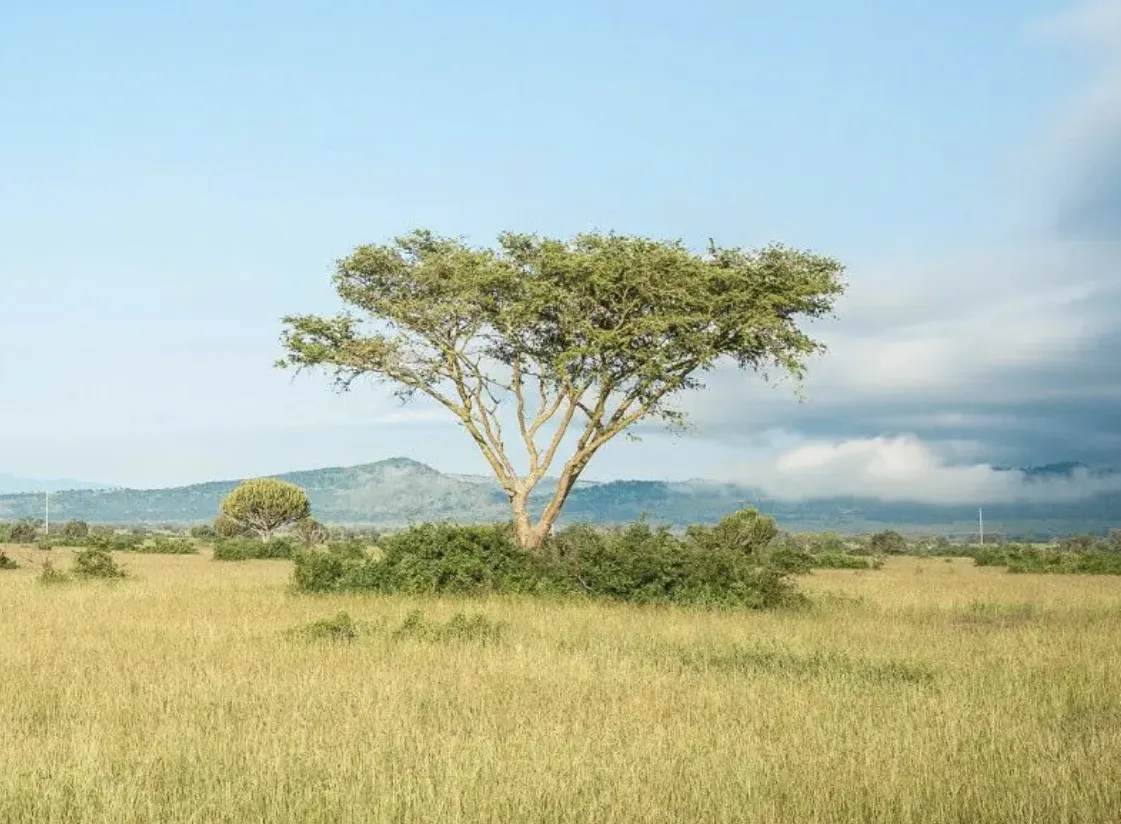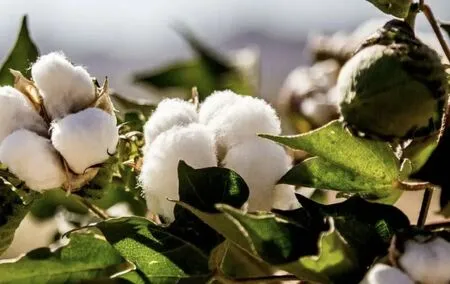Cotton made in Africa breaks supply and demand records
2022-07-12

In the space of one year, CmiA textile production dou—bled, to 600 million items, while CmiA cotton production in Africa rose by ten percent.
In Hamburg, May 25, 2022, Cotton made in Africa (CmiA) has once again achieved record levels of supply and demand. New and existing clients are seeking to purchase greater amounts of cotton verified through CmiA Organic. A total of 600 million textiles were brought to market, more than dou—bling Cotton made in Africa's volume from the previous year. In addition, the number of licensed retail and brand partners has increased by around 30% in the past four years, and now includes some of the largest retail and fashion chains stores in the world, including bestsellers, liddell, LPP and the Otto Group. CmiA certified cotton production also increased by 10% to 690,000 tons, which means that 40% of all cotton produced in Africa is now certified by CmiA. Cotton produced in Africa is active in 11 countries in sub—Saharan Africa, supporting about one million farmers.
“This year’s record levels of supply and demand for Cotton made in Africa underline how widely accepted sus—tainable raw materials have become in international value chains,” says Tina Stridde, Managing Director of the Aid by Trade Foundation. “Textile companies worldwide as well as cotton companies in all of Sub—Saharan Africa have joined our initiative as reliable and strong partners for very small number of farmers. Together, we have been able to ensure that CmiA and CmiA Organic cotton enjoy worldwide de—mand and are processed in over 50 textile production mar—kets. By harnessing market forces, we are able to prepare small subset farmers for the growing challenges of climate change and to build up their resilience through innovative and efficient farming methods.” CmiA works with farmers in Benin, Burkina Faso, Côte d’Ivoire, Cameroon, Chad and Nigeria as well as in Mozambique, Zambia, and Tanzania. With new partners in Togo and Ghana, the initiative's net—work will expand to eleven Sub—Saharan partner countries as of 2022. CmiA has also significantly expanded its textile value chain in recent years. In 2021, the registered partner network has grown to include 240 spinning mills all over the world, with an unprecedented scale.

Strong and reliable partner in volatile and challenging times
The three foremost purchasers of CmiA cotton are Lidl Group, Otto Group, and Ernsting’s family. Dr Alexander David, Director Purchasing International / CSR at Lidl Stiftung & Co. KG, says, “We are proud to be one of the major purchasers of CmiA. In keeping with our international CSR strategy, which prioritises fair trade and resource efficiency, we aim to procure the cotton for our textile product range more sustainably by the end of 2022. CmiA—verified cotton will play a key role in achieving the goal we have set for ourselves. By using CmiA—verified cotton, we support local farmers in Africa and promote environmentally friendly agriculture.”
Anna Rensing, the head of quality development and product sustainability at Ernsting’s family, adds, “Since 2010, CmiA has been at our side as a strong and reliable partner. It will continue to play a key role in reaching our am—bitious goal of complete product certification for our natural—fibre products. This is also reflected in our cotton sourcing, with CmiA’s share rising by 487 percent between 2020 and 2021. In addition to its status as a long—time partner, we greatly appreciate that CmiA has proven so reliable and available in these volatile and challenging times.”
Cotton made in Africa follows a licensing model that requires all textile companies to pay licensing fees for CmiA—verified cotton to the initiative, which reinvests the proceeds in cotton—growing regions in Africa. Some of these funds go towards regular certifications that are conducted at the field and ginnery levels by external auditors to moni—tor compliance with social, economic, and environmental sustainability criteria. External monitoring ensures that exclusion criteria – like prohibitions on irrigation, child la—bour, genetically modified seeds, and certain pesticides as defined in international conventions – are met and that progress is made on improvement criteria that target issues including soil fertility and gender equality. Licensing revenue also supports agricultural and business training for small number of farmers. The Aid by Trade Foundation is increas—ingly investing in measures for adapting to climate change and for reducing the impact of cotton growing and ginning on the climate. For instance, around EUR 2.8 million are be—ing invested in sustainable soil management.
About the Aid by Trade Foundation & Cotton made in Africa (CmiA)
Cotton made in Africa (CmiA) is an internationally rec—ognised seal for sustainably produced cotton from Africa. The CmiA initiative was established by the Hamburg—based Aid by Trade Foundation (AbTF) in 2005. AbTF is working to realise its goals through CmiA, which is one of the world’s leading standards for sustainable cotton. In keeping with the social—business approach, the licensing revenue for CmiA—certified cotton is reinvested in the cotton—growing regions of Sub—Saharan Africa in order to improve the working and living conditions of cotton farmers and their families and to protect the environment.
